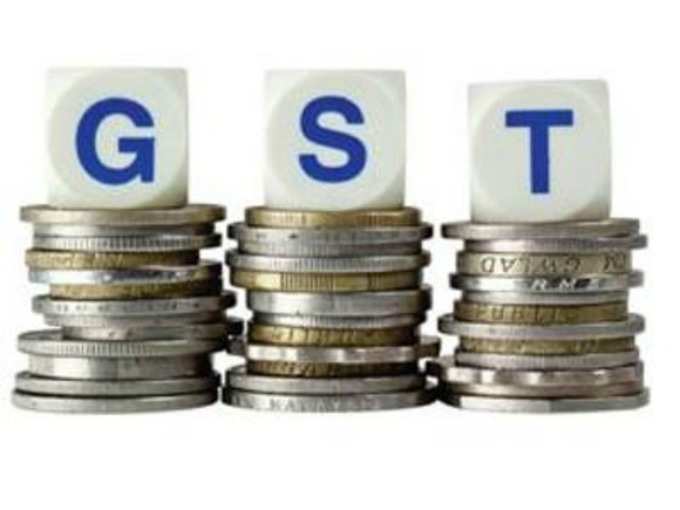 The exchange sale offers will be of no use once the
The exchange sale offers will be of no use once the For instance, if you buy a new laptop for Rs 50,000 and in case you take the exchange offer and get it for Rs 45,000, the GST will be levied on Rs 50,000.
In the draft valuation rules, in cases where the supply of goods is not wholly in money, the value of the supply will be its open market value.
Various stores and online marketplaces roll out exchange offers for mobiles, laptops, TVs, washing machines, etc.
"Currently, in most states (Gujarat being a notable exception), VAT is payable on the money consideration paid by a customer. Under the proposed draft rules, the supply value will be the market value of the goods itself. The differential levy, which arises owing to non-adjustment of the value of the old product, will pinch the pocket of an individual customer (say a salaried employee) who cannot claim any input tax credit for the GST borne by him," Badri Narayanan, partner at law firm Lakshmikumaran & Sridharan, told ET.
The valuation draft rules also provide that the value of supply of services by an agent for booking of air travel tickets shall be 5% of the basic fare in case of domestic and 10% in case of international travel. This remains the same as current rates, even as the industry had recommended that a lower rate be introduced under GST.
"However, if the GST on air travel is higher than the current rate of 15%, say 18%, it would also have a cascading impact on booking costs. In such an eventuality, the customer would pay more for air travel," Narayanan told ET.